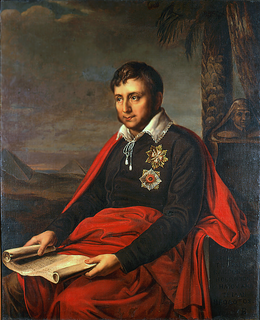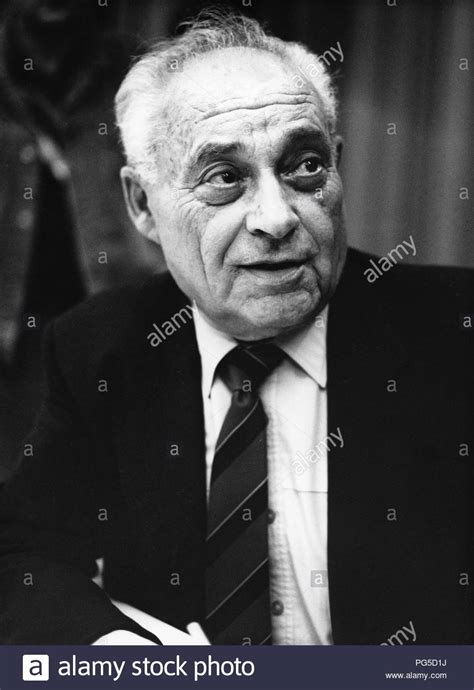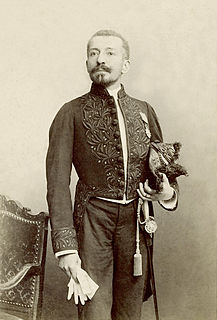A Quote by Jan Potocki
Thought assists memory in enabling it to order the material it has assembled. So that in a systematically ordered memory every idea is individually followed by all conclusions it entails.
Related Quotes
My father was famous for his photographic memory. He was in the OSS. They trained him to be captured on purpose and to read upside down and backwards and commit to memory every document in Germany he saw as he was being interrogated - every schedule on every wall. So, that photographic memory somehow made its way to me when I was young.
While the repression of a memory is a psychological process, the suppression of feeling is accomplished by deadening a part of the body or reducing its motility so that feeling is diminished. The repression of the memory is dependent upon and related to the suppression of feeling, for as long as the feeling persists, the memory remains vivid. Suppression entails the development of chronic muscular tension in those areas of the body where the feeling would be experienced. In the case of sexual feeling, this tension is found in and about the abdomen and pelvis
I'm still willing to continue living with the burden of this memory. Even though this is a painful memory, even though this memory makes my heart ache. Sometimes I almost want to ask God to let me forget this memory. But as long as I try to be strong and not run away, doing my best, there will finally be someday...there will be finally be someday I can overcome this painful memory. I believe I can. I believe I can do it. There is no memory that can be forgotten, there is not that kind of memory. Always in my heart.
to look back on one's life is to experience the capriciousness of memory. ... the past is not static. It can be relived only in memory, and memory is a device for forgetting as well as remembering. It, too, is not immutable. It rediscovers, reinvents, reorganizes. Like a passage of prose it can be revised and repunctuated. To that extent, every autobiography is a work of fiction and every work of fiction an autobiography.
Objects obey quantum laws- they spread in possibility following the equation discovered by Erwin Schodinger- but the equation is not codified within the objects. Likewise, appropriate non-linear equations govern the dynamical response of bodies that have gone through the conditioning of quantum memory, although this memory is not recorded in them. Whereas classical memory is recorded in objects like a tape, quantum memory is truly the analog of what the ancients call Akashic memory, memory written in Akasha, Emptiness- nowhere.
When we have the same thought again, the line of the original thought is deepened, causing what's called a memory trace. With each repetition the trace goes deeper and deeper, forming and embedding a pattern of thought. When an emotion is tied to this thought pattern, the memory trace grows exponentially stronger.





































